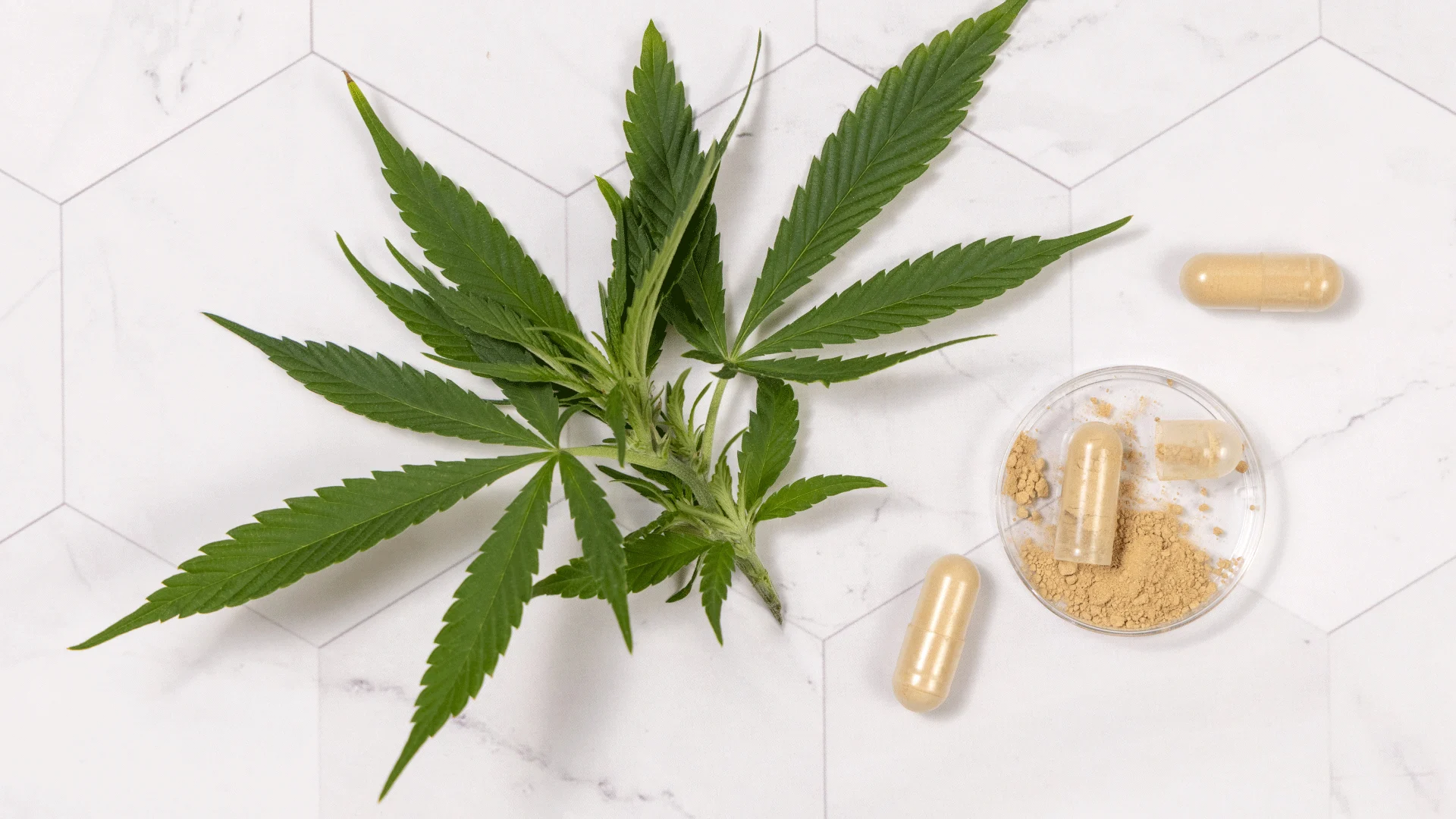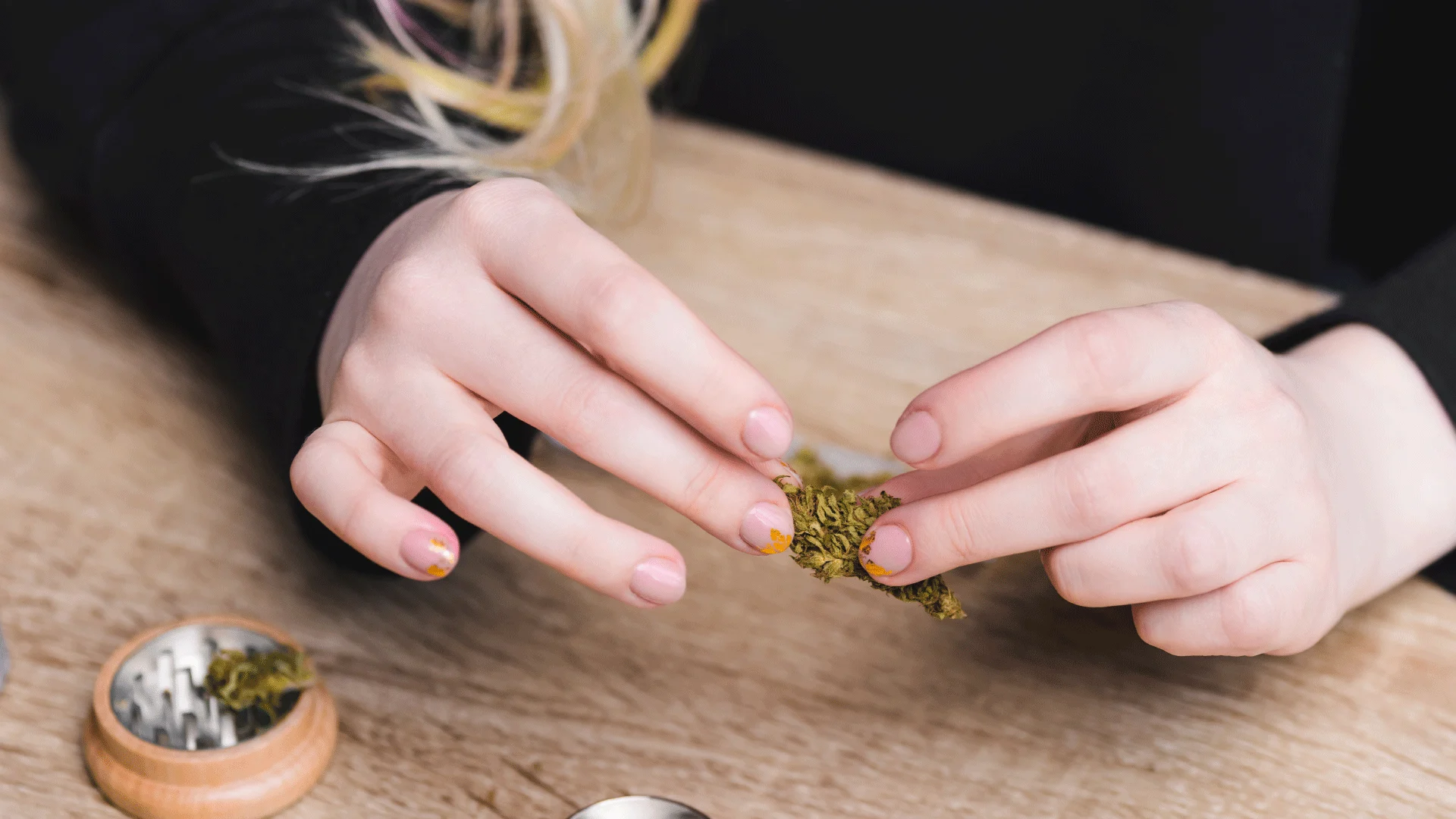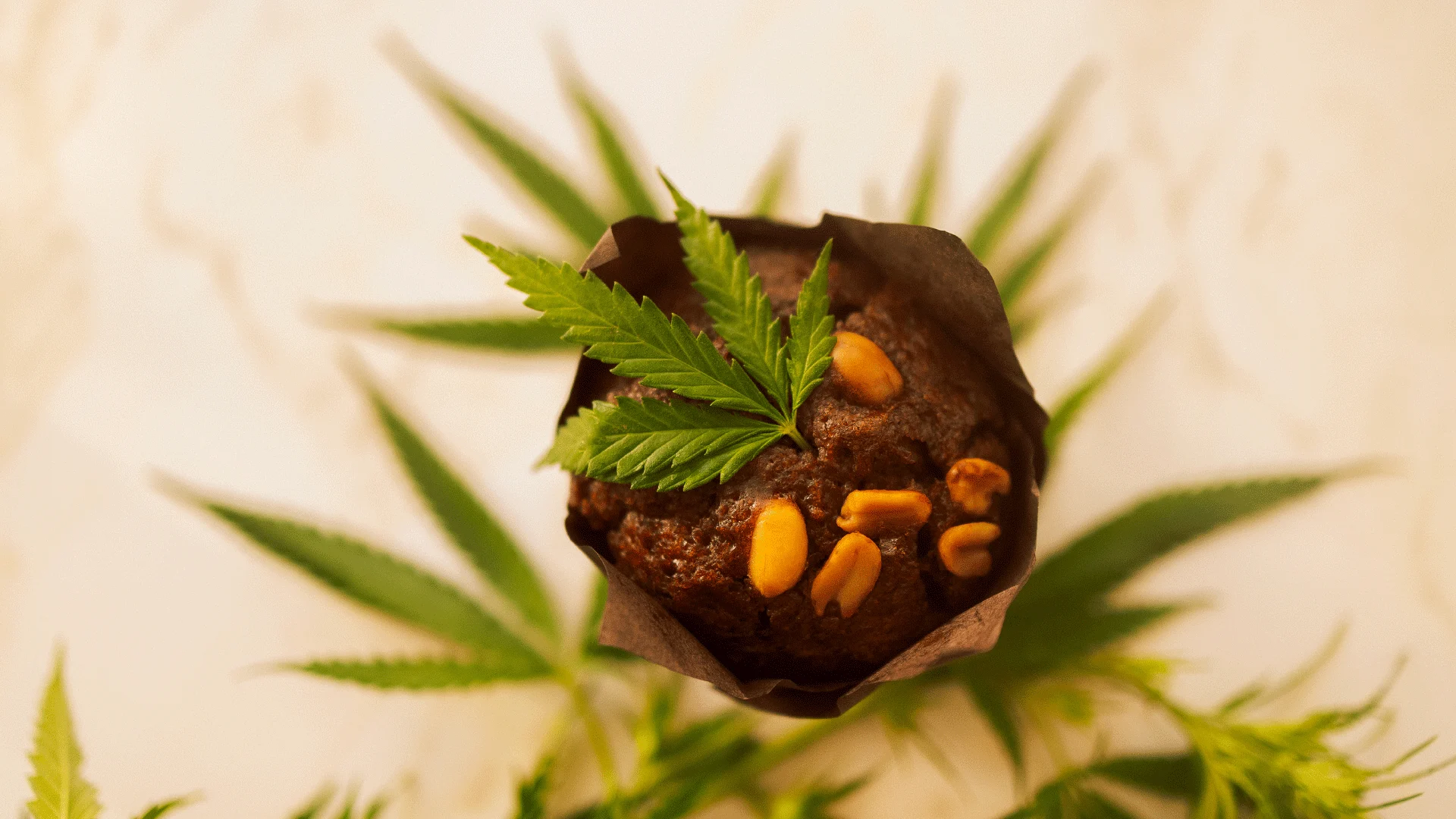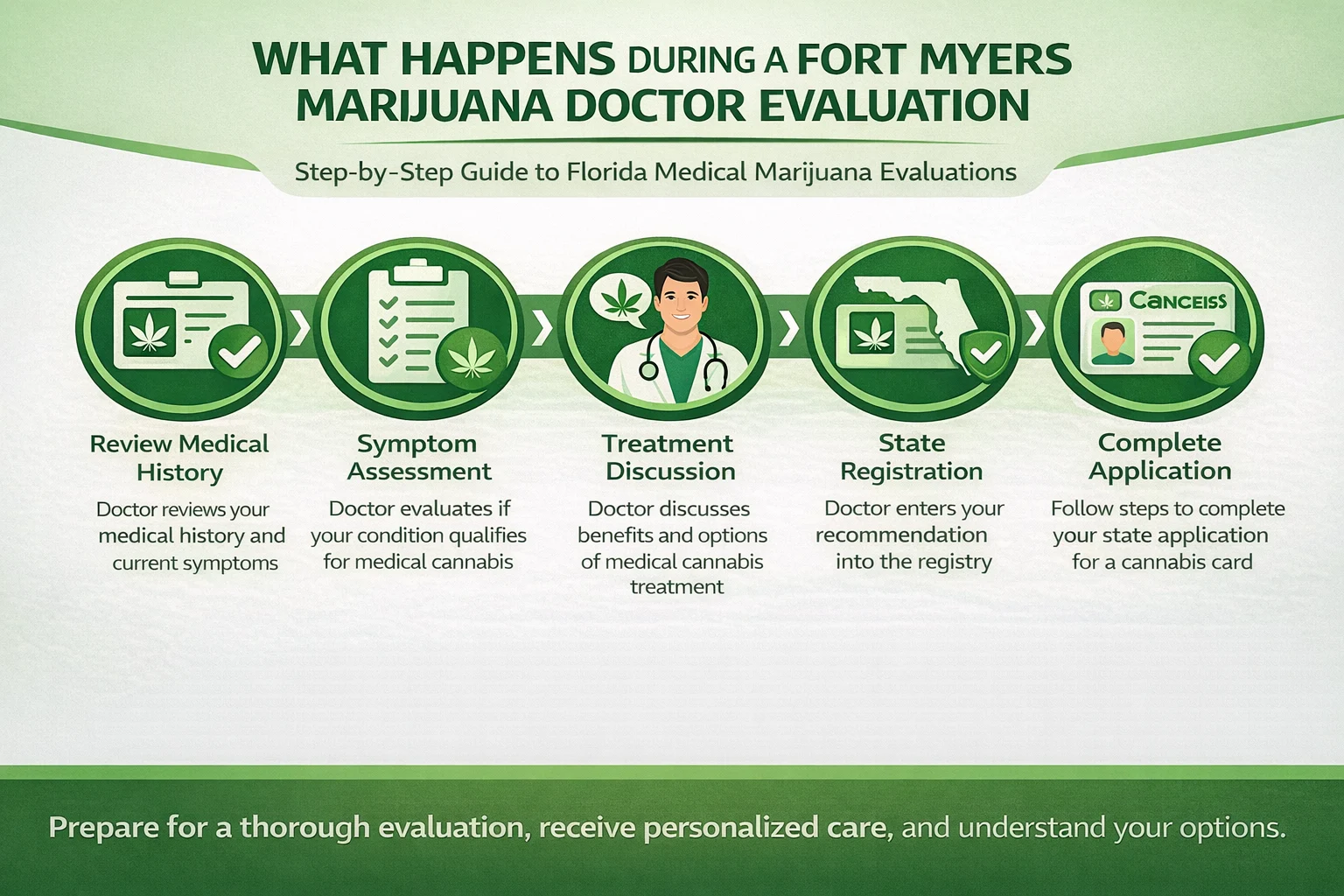Are you sitting on your couch, sipping your steaming hot black coffee while scrolling through your phone to find out why your weight isn’t budging despite your diet and exercise?
Are you tired of your daily busy routine filled with workload and stress and have low energy levels? If so, then you might just be in the right place.
What if we say that you can melt away all your worries, along with those extra kilos, with a cannabis compound? Sounds intriguing, right?
Today, we are going to discuss THCV, a cannabis compound that most of us have been sleeping on. So, without much ado, let’s dive in and find out all about the THCV benefits.
What is THCV?
Tetrahydrocannabivarin, or THCV, is a cannabinoid found in specific cannabis strains. It is a propyl analog of THC and has a somewhat similar foundational molecular structure.
The only difference between the two is that THC has a five-carbon side chain, while THCV has a three-carbon side chain.
These missing carbons in THCV are primarily responsible for how this chemical compound interacts with and influences the brain. Thus, when it comes to its bodily effects, THC and THCV behave differently.
THC is associated with stimulating appetite and, therefore, can help people suffering from eating disorders. On the other hand, THCV acts as an appetite suppressor, which earns it the name “Diet weed.”
Therefore, it seems like a lucrative option for people looking to lose weight, as it can help them shed some weight.
When was THCV Discovered?
The whole structure of THCV was discovered by Edward Gill in 1970. He found it in the tincture of cannabis BPC.
However, it has come into the spotlight in recent years owing to its potential weight management qualities and health benefits.
THCV vs THC: What’s the Difference?
As we have discussed earlier, the two compounds have different carbon side chains, and the main difference between them lies in how they interact with the endocannabinoid system.
Think of your cannabinoid receptors as locks and the cannabinoid molecules as the key. Now, the length and the shape of the carbon side chains determine how the molecules will fit into the cannabinoid receptors, just like a particular key fits in a specific lock.
When it comes to THC, it strongly binds with the CB1 receptors in the brain and imparts psychoactive effects like euphoria and cerebral buzz.
On the other hand, THCV can act as both a CB1 antagonist and agonist, depending on the dosage.
On low doses, THCV acts as a CB1 antagonist, which means that it can counteract some of the effects of THC. On higher doses, it can bind and activate the CB1 receptors just like THC, but it is generally considered non-psychoactive.
| Feature | THC (Tetrahydrocannabinol) | THCV (Tetrahydrocannabivarin) |
| Chemical Structure | Similar to THCV but with a 5-carbon side chain | Similar to THC with a 3-carbon side chain |
| Psychoactive Effects | Strongly psychoactive, causes a “high” | Low or no psychoactive effects |
| Appetite Effects | Increases appetite | Suppresses appetite |
| Medical Benefits | Pain relief, muscle relaxation | Appetite control, anti-inflammatory effects |
| Interaction with CB1 Receptor | Strong agonist | Antagonist at low doses; agonist at high doses |
If you want to learn more about other cannabinoids and their health benefits, you can check out our deep dive on CBG vs. CBD.
What Does THCV Do?
Some of the potential THCV benefits include:
THCV as Diet Weed
Unlike THC, which is an appetite stimulator, THCV acts as an appetite suppressor. Moreover, it also boosts metabolism. Therefore, it can be beneficial for individuals trying to lose weight or those experiencing metabolic issues. Thus earning it the name “diet weed.”
Some of the early studies have also suggested that THCV can help regulate blood sugar levels and insulin sensitivity, especially in people who have type 2 diabetes.
Saying all this, it is worth mentioning that the FDA has not approved THCV as a weight loss supplement or a diet suppressant.
Increased Energy and Focus
THCV is believed to ease anxiety while at the same time increasing energy and focus. Moreover, it is not associated with paranoia or sluggishness that sometimes comes as the side effects of high THC usage.
It is worth mentioning that THCV has a biphasic effect, which means that it can impart different effects at different doses. In lower doses, users have reported increased focus and alertness, while higher doses can have different effects.
Anti-Inflammatory Properties
THCV also possesses anti-inflammatory properties that are believed to be mediated through its ability to influence various stages of gene expression, including transcription, post-transcriptional regulation, translation, and post-translational regulation.
Thus, owing to its anti-inflammatory properties, it can help people with arthritis, autoimmune diseases, or inflammatory pain.
Neuroprotective Potential
Due to its antioxidant properties and potential to bind to CB2 receptors, THCV may exhibit some neuroprotective effects. Moreover, blocking CB1 receptors can help alleviate some of the symptoms associated with Parkinson’s disease, such as bradykinesia.
It is worth mentioning that more studies are needed to back up these claims.
Planning to try some new THCV strains? It is always best to first consult medical marijuana doctors near me.
Popular THCV Strains
While Durban Poison, Doug’s Varin, and Skunk #1 tend to have the highest THCV content among the rest, some of the other strains with high THCV content are:
- Red Congolese
- Willie Nelson
- Pineapple Purps
- Tangie
- Power Plant
- Jack the Ripper
- Girl Scout Cookies
It is worth mentioning that most of the cannabis strains have a low level of THCV. Therefore, it is best to consult with the reliable staff of marijuana dispensaries near me to get the best THCV products.
Tips for Using THCV
If you are new to THCV usage, then it is better to follow these quick tips:
- It is always best to start low and go slow when it comes to cannabis products.
- Due to its potential to increase focus and alertness, it is best used during the daytime.
- You should avoid mixing THC and THCV strains as they can counteract each other’s effects.
Worried about the lingering smell of weed after the smoking session? Check out these tips and tricks to get rid of the weed smell.
Legal Considerations of THCV
While there are clear legal considerations defined for THC based on its concentration, THCV lies more in the ambiguous range owing to its non-psychoactive effects.
Moreover, the federal laws haven’t explicitly mentioned THCV. Thus, it is entirely up to the states to determine how their cannabis laws will operate. Therefore, it is always best to be acquainted with local regulations.
If you are residing in Florida, we at My Florida Green can help you get a medical marijuana card in Jacksonville so that you can access medical marijuana legally and safely.
Conclusion
THCV might not be as famous as THC and CBD right now. However, owing to a vast array of THCV benefits, including weight management and increased focus, it is bound to make waves in the health and wellness community.
With the growing body of research on THCV, we will learn more about this cannabinoid and its potential benefits.
However, if you want to get certified to consume medical marijuana for your condition, it is recommended to consult a licensed doctor to qualify and get your marijuana card.










